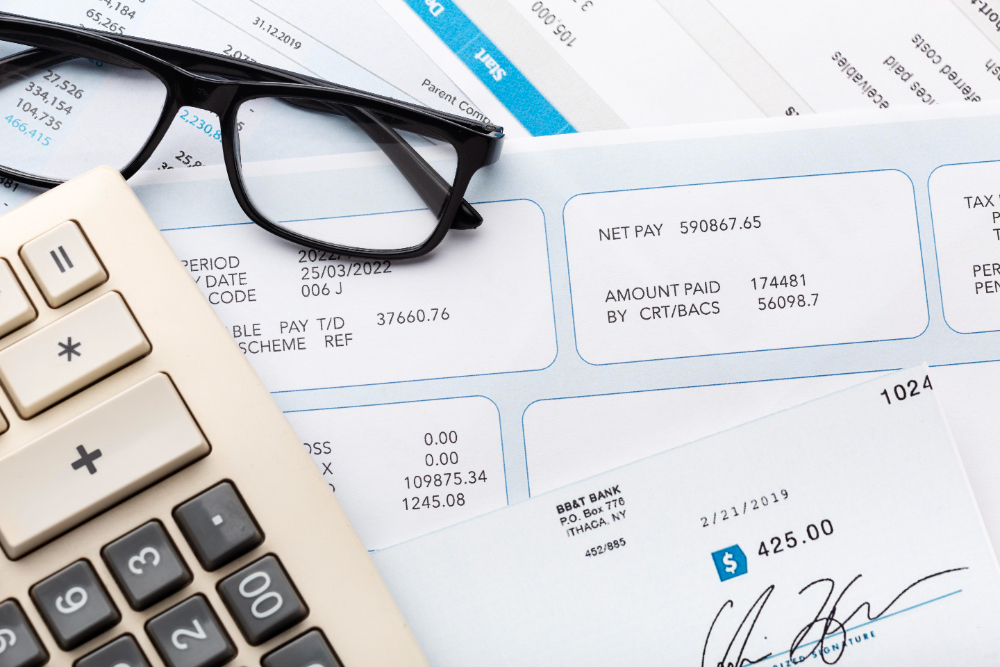
VAT registration is a cornerstone for businesses operating in regions that implement Value Added Tax systems. Whether you’re expanding operations, establishing a startup, or preparing to trade internationally, understanding the VAT registration timeline is crucial. Knowing the process inside and out can prevent operational hiccups, maintain compliance, and streamline your business’s financial planning.
But just how long does VAT registration take? This guide will delve into standard processing times, common causes for delays, and actionable strategies to avoid them. Let’s ensure your VAT registration is smooth and hassle-free.
Understanding VAT Registration Timelines
VAT registration timelines can vary depending on the country, the complexity of your application, and the current workload of tax authorities. Here’s a breakdown:
Typical Duration in Different Regions
- United Kingdom: HMRC generally processes VAT registrations within 30 working days. However, during peak times, it may take longer.
- European Union: The timeline varies. Countries like Belgium or the Czech Republic process registrations in under a week, while others like Germany or Italy may take up to 6 weeks.
- Outside the EU: In countries like the UAE, VAT registration often takes around 3-4 weeks, provided all documents are accurate.
Factors Influencing Processing Times
- Completeness of Application: Missing or incorrect details often cause delays.
- Business Type: Applications for international or complex business structures may require extra scrutiny.
- Verification Processes: Some tax authorities perform additional checks to verify authenticity and eligibility.
- Workload of Authorities: Peak business periods can lead to backlogs.
To set realistic expectations, always check the average processing time for your country and ensure your paperwork is comprehensive.
Common Delays in VAT Registration
Understanding potential bottlenecks can help you preemptively address them:
Incomplete Applications
One of the most frequent causes of delays is submitting an incomplete application. Missing documents, incorrect details, or failing to meet local requirements can stall your application indefinitely.
Additional Verification Requirements
If your business operates across borders or deals with high-risk industries, tax authorities may request additional proof, such as contracts, invoices, or bank statements. This verification process can extend the timeline.
Administrative Backlogs
Tax authorities often experience heavy workloads during specific periods, such as the start of a new fiscal year. Submitting your application during these times may increase waiting times.
Technical Issues
Errors in online submission portals or system downtimes can also result in unexpected delays. Double-check submissions and follow up when necessary.
Proven Tips to Speed Up VAT Registration
Although some aspects of the VAT registration timeline are out of your control, there are several strategies to minimize delays:
Prepare Accurate Documentation
Ensure all required documents are ready before you begin. Commonly required documents include:
- Business registration certificates
- Proof of address
- Tax identification numbers
- Details of business activities
Double-check the accuracy of all information to prevent back-and-forth communication with tax authorities.
Seek Professional Guidance
Hiring a VAT expert or tax consultant can save time and prevent errors. Professionals understand the nuances of local tax systems and can assist with preparing and submitting your application correctly.
Submit Early and Follow Up
Submitting your application well ahead of your trading start date provides a buffer against delays. Regularly following up with the tax authorities can also ensure your application progresses smoothly.
Use Digital Tools
If your country offers online VAT registration, opt for it. Digital systems often process applications faster and allow you to track the status of your submission in real time.
Why VAT Registration Is Worth the Wait
Despite the occasional challenges, VAT registration is a vital part of running a compliant and competitive business. Here’s why it’s worth the effort:
Legal Compliance Benefits
VAT registration ensures you operate within the legal framework, avoiding fines and penalties. It also demonstrates your credibility to suppliers, customers, and stakeholders.
Unlocking Business Opportunities
Many B2B clients prefer working with VAT-registered companies to reclaim input tax. Additionally, VAT registration may be required to trade in certain jurisdictions.
Tax Advantages for Businesses
Once VAT registered, you can reclaim VAT on business expenses, reducing overall costs and improving your bottom line.
FAQs
What is VAT registration?
VAT registration is the process of enrolling a business with the tax authorities to collect and remit Value Added Tax on taxable goods and services.
Can I start trading without a VAT number?
In most cases, no. Some jurisdictions allow provisional trading while your application is processed, but others require a VAT number to issue invoices legally.
How do I know if my VAT application is delayed?
You can track your application status through the tax authority’s portal or contact them directly if your timeline exceeds the average processing time.
What documents are required for VAT registration?
Typically, you’ll need business registration certificates, proof of address, tax ID numbers, and information on your trading activities. Specific requirements vary by country.
Can I register for VAT online?
Yes, many countries now allow online VAT registration. It’s often faster and more convenient than paper-based submissions.
Is there an express VAT registration option?
Some countries offer expedited registration for an additional fee, but this depends on local tax authority policies.
Conclusion
VAT registration might seem like a daunting process, but with the right preparation and strategies, you can navigate it efficiently. By understanding the factors that impact processing times and proactively addressing potential delays, you can set your business up for success.
If you’re ready to begin the process, start early, consult professionals, and keep track of your application’s progress. Remember, while the timeline might feel inconvenient at times, VAT registration ultimately paves the way for growth, compliance, and a competitive edge in your industry.
For expert assistance or more guidance on VAT registration, visit AtifCPA.com and unlock tailored solutions for your business needs.
